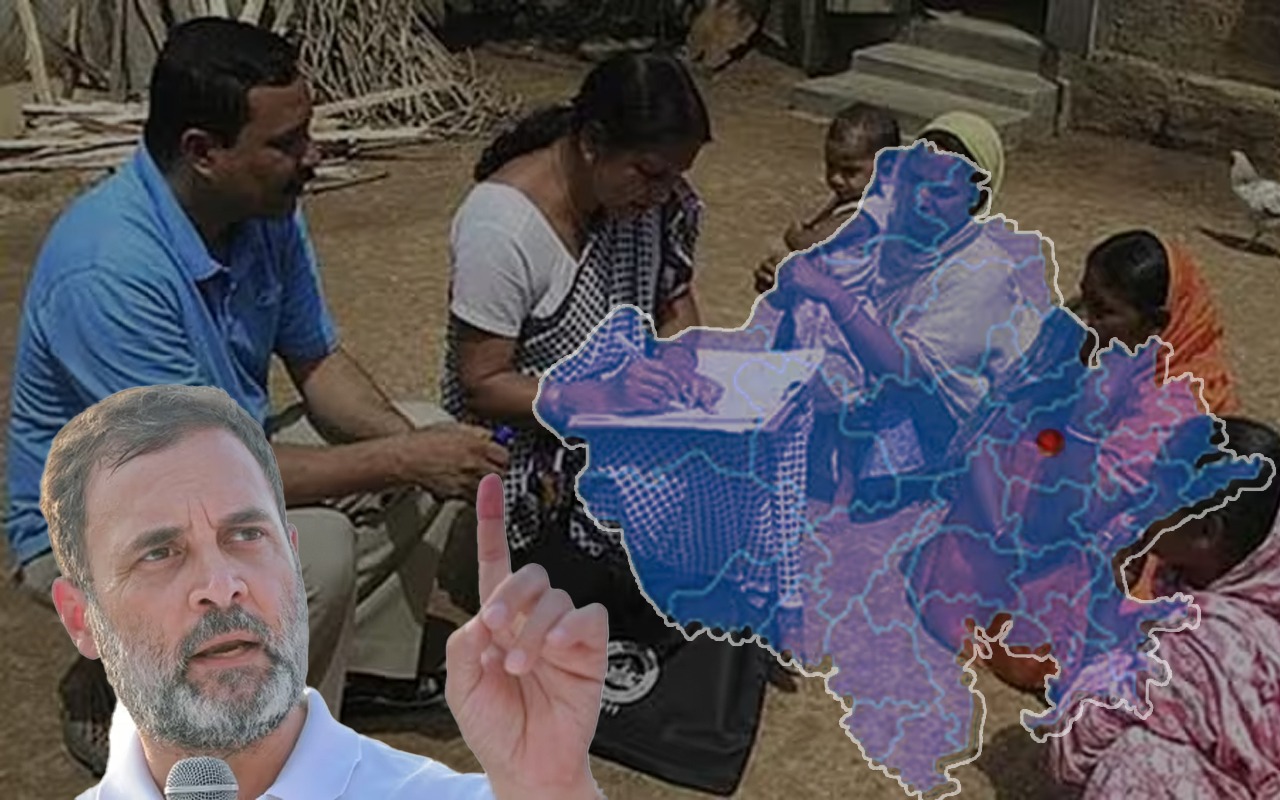India’s Prime Minister Narendra Modi and the Bharatiya Janata Party (BJP) are set to face a challenging contest in upcoming state elections as opposition parties rally together under the banner of the Indian National Developmental Inclusive Alliance (INDIA). A significant proposal gaining momentum is the call for a caste census, inspired by Bihar’s independent survey, aiming to collect data on caste demographics and economic statuses. The opposition argues that marginalized communities, constituting over 50% of India’s population, should be entitled to increased reserved job positions and school placements. This move has the potential to impact the BJP’s Hindu vote bank significantly.
Casteism has long been ingrained in India’s societal structure, influencing its political landscape significantly. The deep-rooted hierarchical caste system has left an indelible mark on various facets of Indian society, particularly in the realm of politics. The interplay between caste and politics is a crucial factor in shaping the governance and electoral dynamics of the country. Caste-based politics typically involves mobilizing voters along caste lines, with political parties strategically employing caste identities in their campaigns. This influence extends to candidate selection, voter behaviour, and the formation of political coalitions, ultimately shaping election outcomes across different levels of governance.
While caste-based politics have been instrumental in providing representation to historically marginalized communities, they have also perpetuated identity-based divisions and hindered social cohesion. The politicization of caste has led to the reinforcement of caste-based stereotypes and prejudices, posing challenges to the vision of a truly egalitarian society that the founding fathers and mothers of India, that is Bharat, had envisioned. Conducting such a survey would firstly, be a complex and costly exercise, involving various practical and methodological challenges, such as defining and verifying the caste identity of millions of people, dealing with the diversity and fluidity of caste categories, and ensuring the accuracy and reliability of the data.
Secondly, it would not necessarily lead to better policies or outcomes for the marginalized castes, and that could instead reinforce and perpetuate the caste system and its inequalities. In addition to this, such a survey could create social and political unrest, as it could trigger conflicts and controversies among different caste groups over their claims and grievances, and could be exploited by vested interests for electoral gains. The Congress-led Indian National Developmental Inclusive Alliance (INDIA), is brazenly endorsing casteism and casteist politics and it is shameful.
Addressing casteist politics in India necessitates comprehensive reforms and inclusive policies that transcend caste identities. Efforts to promote educational and economic empowerment, coupled with affirmative action measures, are crucial in mitigating the entrenched disparities stemming from the caste system. Furthermore, fostering inter-caste dialogue and promoting social solidarity is essential in transcending the barriers imposed by caste divisions.










